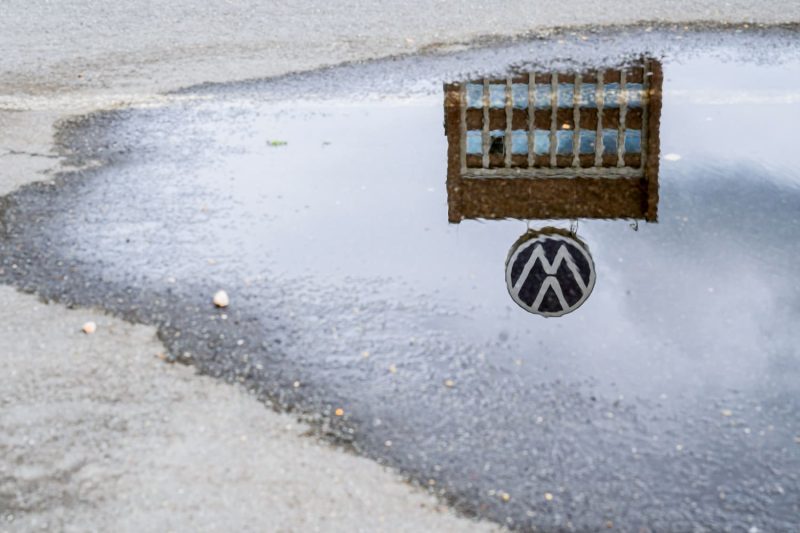In recent developments, Volkswagen has issued a warning to its workers regarding the potential closure of plants in Germany, setting the stage for a tense standoff with unions representing employees. The auto giant’s move underscores the challenges faced by traditional car manufacturers as they navigate the transition to electric vehicles and adapt to changing market dynamics.
The rise of electric cars and the shift towards sustainable transportation has put pressure on traditional automakers like Volkswagen to make significant investments in research and development while also restructuring their existing operations. With the rapid advancement of electric vehicle technology and increasing consumer demand for cleaner vehicles, automakers are faced with the daunting task of retooling their production facilities and adapting their supply chains to meet these changing demands.
Volkswagen’s warning of possible plant closures in Germany is a clear signal that the company is prepared to take drastic measures to ensure its long-term sustainability and competitiveness in an evolving market. The auto manufacturer, known for iconic models like the Beetle and the Golf, is now prioritizing investment in electric vehicles and digital technologies to position itself for future success.
However, this strategic shift comes at a cost, with potential job losses looming on the horizon. Unions representing Volkswagen workers have reacted strongly to the company’s warning, vowing to resist any attempts to close plants or lay off workers. The impending showdown between Volkswagen and the unions underscores the difficult decisions that automakers must make as they navigate an industry in flux.
At the heart of the challenge facing Volkswagen and other traditional automakers is the need to balance profitability with sustainability and innovation. The shift towards electric vehicles is not just a technological change but a fundamental rethinking of the way cars are designed, produced, and consumed. Automakers that fail to adapt to these changes risk being left behind in a rapidly evolving market.
Volkswagen’s warning of potential plant closures in Germany is a wake-up call for the entire auto industry. As traditional automakers grapple with the transition to electric vehicles, they must also navigate labor relations, market demands, and regulatory pressures to remain relevant and competitive in a rapidly changing world. The outcome of Volkswagen’s standoff with the unions will be closely watched as a bellwether for the future of the auto industry as a whole.
